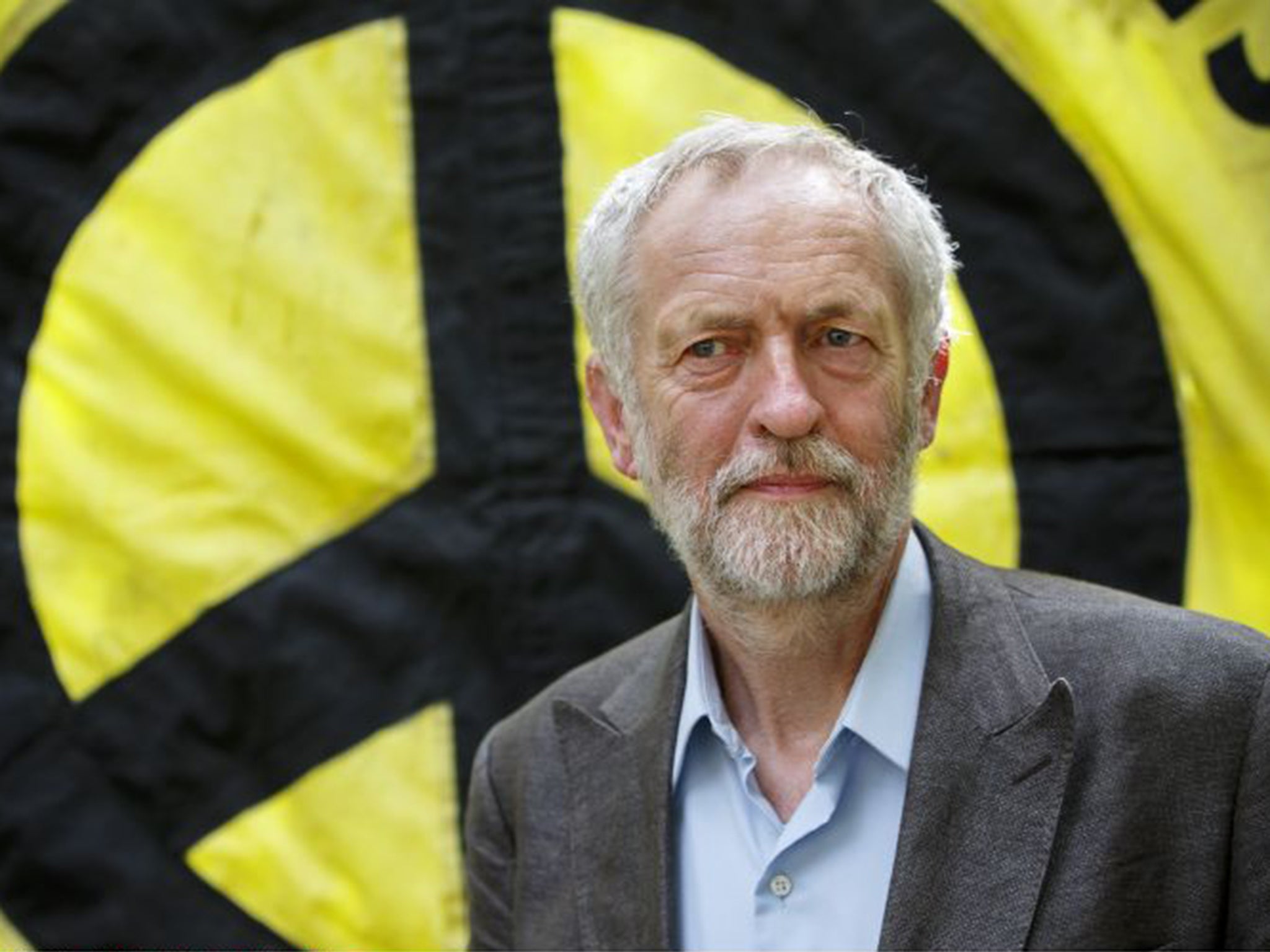Resigning from Labour's shadow cabinet because of conflict in the party is an incredibly ironic move
If Corbyn’s opponents within the Labour party are so keen to make Labour more “credible” and less divisive, why are they actively causing controversy themselves? In all this media furore, we've forgotten the Tories are the real enemies

Jeremy Corbyn has faced a wave of criticism since his epic reshuffle last week. From the Lib Dems suggesting they are now the official opposition to the Tories – after supporting them on the bedroom tax, tuition fee trebling and public sector cuts, of course – to many on his own side, Corbyn has had it tough.
And the row continues apace. It’s been six days since the reshuffle, but even today there have been late and ‘principled’ resignations from the front bench. Most notably, former shadow attorney general Catherine McKinnell quit the shadow cabinet this morning, citing concerns about the direction of Labour under the leadership of Jeremy Corbyn. All of which leads me to question: if Corbyn’s opponents within the Labour party are so keen to make Labour more “credible” and so much less divisive, why are they actively causing schisms themselves?
While they shout about focusing on the Tories and directing our fight at them, these MPs continue to publicly attack Corbyn’s leadership in the media – and as they bemoan the split nature of the party, they dramatically resign their posts and proclaim that there are some “factions” of Labour they can no longer work with.
In Catherine McKinnell’s letter released this morning, she blames her resignation on “the situation in which the Labour Party now finds itself”, presumably meaning under the leadership of the democratically elected Corbyn. Lest we forget, this isn’t a situation anyone “found themselves in” – it was an active choice, for many thousands of people.
While concerned about the “internal conflict within the Labour Party” and the “increasingly negative path” that it is leading us down, McKinnell’s actions speak volumes. This casts doubt on the seriousness of Labour members who talk about unity but walk in the opposite direction.
The speculation surrounding further resignations is a direct distraction from real Tory policies on austerity which are affecting countless lives. Corbyn himself has recently suggested the fight be taken to the Tories, rather than continuing to fester in the ranks. But as Labour ministers continue to resign and disrupt that fight, that seems like a shamefully impossible achievement. If you want Labour to be a credible opposition, why throw your party into turmoil – under a media spotlight – mere days after a reshuffle?
Corbyn deliberately formed a cabinet with a range of views and attempted to unite disgruntled groups on the right of the Labour party, but briefings from those opposed to him continued en masse. If Labour wishes to be electable, it’s just not reasonable to expect that factionalism will positively add to the cause. As Blairite MPs throw their toys out of the pram and continue to fail to come to terms with the result of a leader elected by the Party’s own members in a landslide vote, the Tories get away with murder.
The truth is that those opposed to Corbyn have never been signed up the new politics that people voted for – they prefer the old style of rowdy PMQs, sharp suits, heckling, spin and savvy media appearances. They call left-wing people “loonies” and suggest that we are headed for political Armageddon with a message that can never be supported by the wider public, despite thousands of ordinary people turning up to events to hear Corbyn talk about the possibility of a different, more inspiring, more grassroots-centred political era.
It’s hard to imagine that these right-wing Labourites, the so-called “moderates”, will dial down their disruption in time for a future election. The message seems clear: bow to the pressure from a small group of MPs, rather than listening to the votes of thousands of supporters, or we won’t allow the party a chance. And that’s a message we should all find frightening.



Join our commenting forum
Join thought-provoking conversations, follow other Independent readers and see their replies